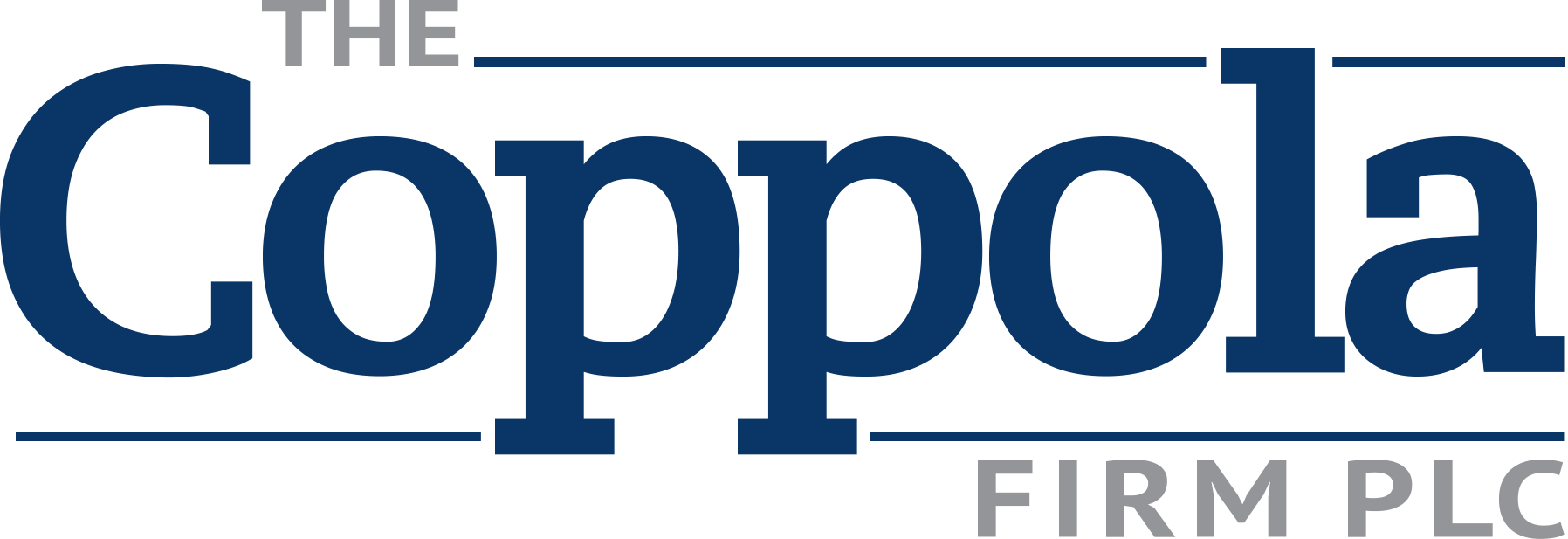Ending Cybersquatting: I just opened a business why is my website name taken or expensive?
Here’s the scenario. You just file paperwork to start your business. You’ve formed the business (an LLC, corporation or some other limited liability entity); you have your employment identification number and bank accounts as well as obtained your business licenses and appropriate permits among other things. You’re ready to ramp up your marketing and advertising. In the Internet Age, it’s malpractice not to have a web presence and so you naturally seek to create a website with your business name. Your email service provider also provides domain hosting.
Easy enough, right? Nope, the name is taken. Or, alternatively, you’re put in a queue to purchase the domain name but for some reason someone else buys what you thought was a novel name. After all, you had searched for the name and found nothing like it anywhere and you were able to register the company’s name also. You find a solicitation on the domain’s website that solicits offers for the website and contact them. Some unknown person on the other end responds with an offer of sale for $2,000 or $5,000, or even $10,000. You’re understandably shocked because they’re not really using the website for anything except the sale of the domain and you didn’t think you’d sink a pile of cash for a domain name you feel is rightfully yours. You contemplate whether there’s anything you can do.
Actually, yes there is. Let’s start off by diagnosing the problem: you probably have a cybersquatter. A cybersquatter is someone who buys a domain name in bad faith. In other words, it’s a person who buys a domain for no other reason but to extract money from the rightful owner. Who is the rightful owner? Simply, it’s the person who has been using the distinctive name in commerce to identify the source of their goods or services. This scenario plays out many times a day to unsuspecting bushy-tailed new business owners. The experience can be jading. It happens in other contexts as well. Politicians routinely buy up their names, derivatives of their names, and defamatory combinations of their names in all the top level domains (TLDs) they can think of before their detractors can.
Until recently, you would have had to file a complaint in federal court to get your right to the domain transferred to you, which can be expensive for a new company. Under the Anticybersquatting Consumer Protection Act, you have a cause of action against someone who registers, trafficks in, or uses a domain name confusingly similar to or dilutive of your trademark or personal name. As a point of background, trademark dilution is when a non-owner uses someone’s mark to impair its distinctiveness and thereby cause confusion, but perhaps doesn’t compete directly with the brand; think Starbucks whiskey.
Now, the process can be much simpler. Under an administrative proceeding called the Uniform Domain Name Dispute Resolution Policy (UDRP) of ICANN, the organization tasked with regulating domain names (I bet you didn’t know it existed), you can obtain transfer rights to the domain name more quickly and cheaply. Of course, if you’re looking for damages in addition to the domain name transfer, the federal court option is more appropriate.
Don’t get bullied by cybersquatters. Call a lawyer.
